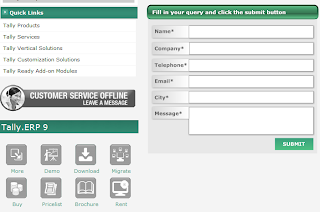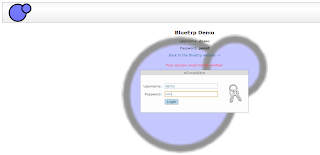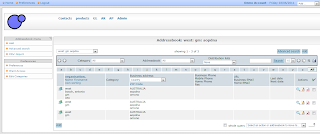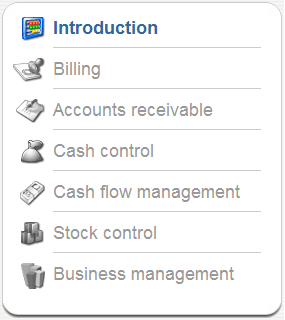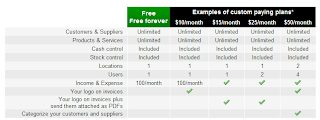Enterprise Resource Planning: ERP is a software application which is modeled around, creating a smooth business management process flow, adding to the operational capability of a business. ERP affects a business across the business value chain. In simple words, ERP amalgamates the various points of business information available into a more cohesive, readily available online resource, which is available on demand to business users across the various functions as: HR, Marketing, Finance, Administration etc.
Though ERP softwares have evolved overtime and there are large versions of the same available for large businesses. SMEs can use specialized ERP offerings which enable them to manage inventory control, order management, warehouse management, purchase orders and invoicing.
Challenges for the SME
For any emerging business automating smaller tasks which are repetitive in nature is a major challenge and a relief, once implemented properly.
Eg: accounting: though for smaller businesses hiring a finance manager is a solution. Ensuring that the business has all its accounts always updated and in line is a heavy task. Putting in place a process which automates the system makes it more scalable and easier, while ensuring that the business is managing its accounts powerfully.
Similarly SMEs can look at either automating complete OR some part of the business functions by implementing smart ERP solutions.
Tally ERP Makes Your Business Smart
One of the strongest and the most known accounting solutions software available in the industry, Tally makes it easier for SMEs to manage their accounts. And not just that. With specialized offerings for various industry verticals, Tally now also offers powerful support for verticals like: retail, finance etc.
The Various Functions and Features
- Accounting
- Financial Management and Control
- Inventory
- Purchase and Payables
- Sales and Receivables
- Point of Sale
- Manufacturing
- Costing
- Job Costing
- Payroll
- Branch Management
- Data Synchronization
- Statutory Compliance
- Special Needs
- Security and Access control
- Remote Access
How Can I See a Demo
You can schedule a Demo for your team at your office by filling up the following form on the URL given:
What are the Industry Specific Solutions Available?
Tally today covers the following industry verticals extensively:
- Manufacturing
- Pharmaceuticals
- Engineering
- Bulk Drugs & Chemicals
- Textiles
- Packaging
- Retail
- Supply Chain
- Government
- School Management
Can I Customize the Software for My Company?
Yes you can, with Tally customization solutions which are offered by Tally TDL's. Customization essentially develops your specific business features directly into Tally.ERP 9 to leverage on the much strength that the Tally.ERP 9 platform inherently provides.
Tally Integration
To meet the challenges of the new business environment, information systems need to communicate with each other as seamlessly as possible, provide real-time visibility of transactions across the entire enterprise and be flexible enough to accommodate the changing structure of the business.
When more and more information needs to be shared across traditional business boundaries, the way you integrate your systems and processes is rapidly becoming one of the most important priorities in business today.
What Benefits Do I Get by Integration
Simply by managing a strong integration you save on costs by reducing data duplication and its processing.
There are many such online platforms available, which are benefiting the Small and Medium Enterprise segment. To know more, get in touch with the experts at IndiaMART Knowledge Services. Do drop in a comment to this post to let us know what else would you want us to share about!



